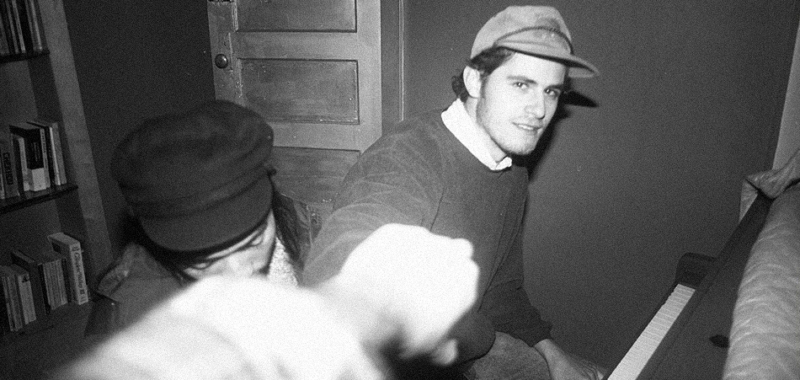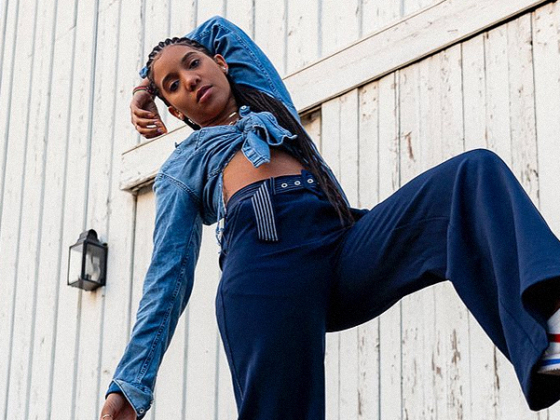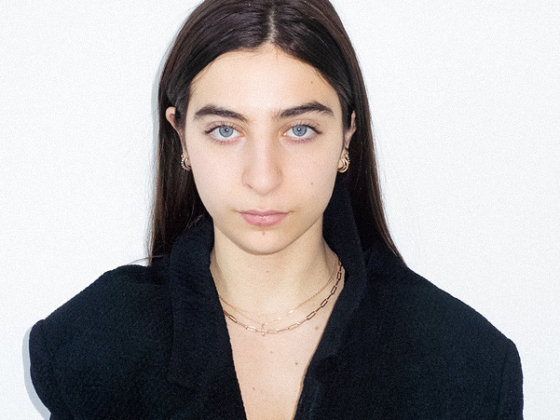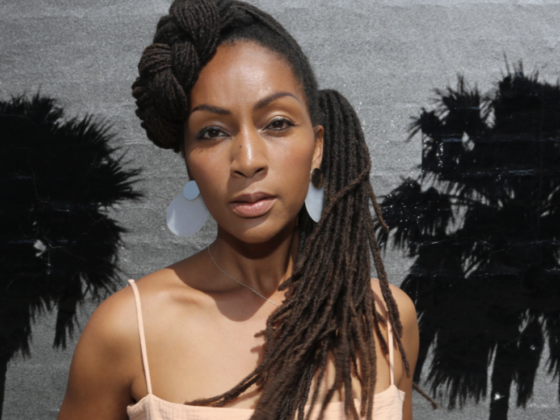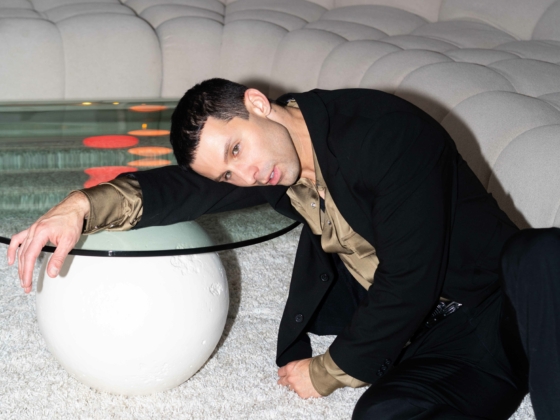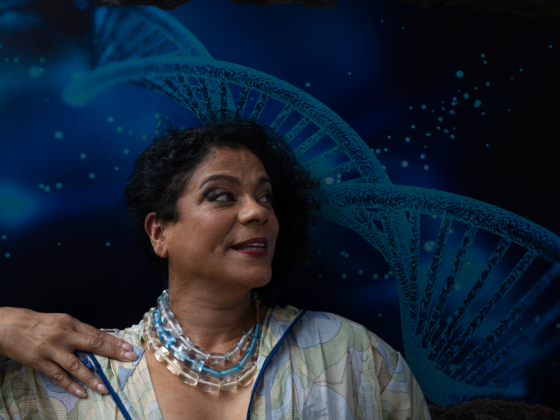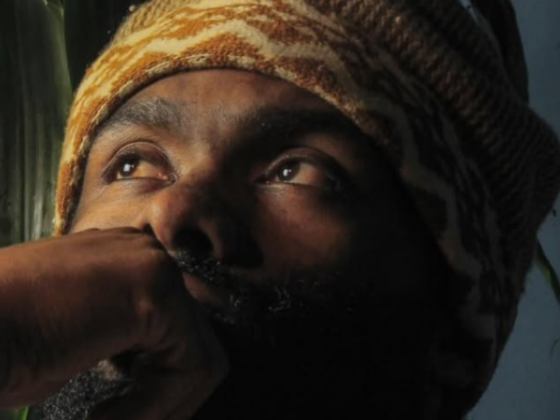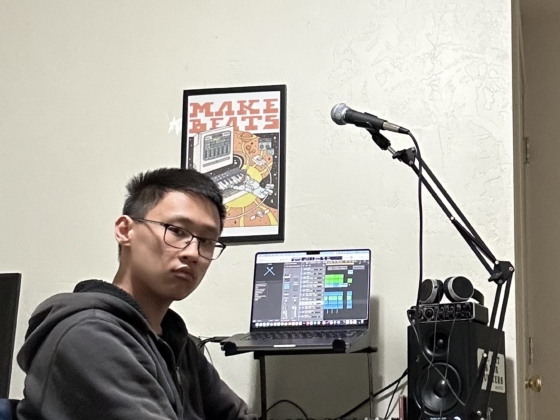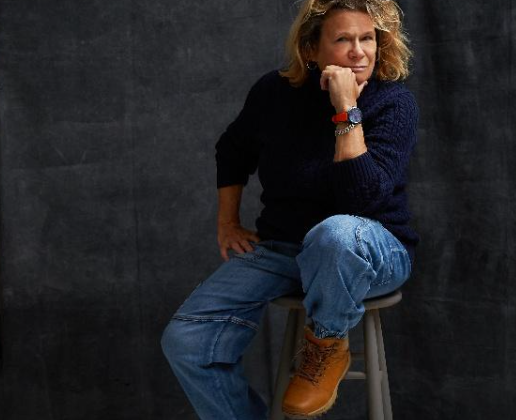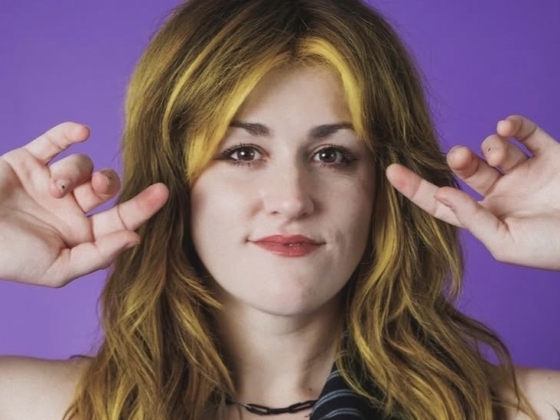The Oakland-based producer and multi-instrumentalist Mejiwahn returns to a realm most familiar with his sophomore LP.
Mejiwahn can be described as an anomaly- a low-key talent that’s spent most of his professional career working on his craft with only a handful of production credits under his belt. Most of which fall under a previous moniker, making a good amount of his early beats just a tad difficult to find.
Most of that changed when the artist switched gears entering the second half of the last decade. 2015’s Lúil Ó Fadó saw the next stage of evolution for the producer with Mejiwahn incorporating a heavier use of jazz and live instrumentation with his style. Enter the next phase of his creative journey: Beanna.
The project can best be described as euphoric. A dreamy sound experience that sets the stage for a trip for one of the most prolific producers/ instrumentalists to emerge from Oakland.
Much akin to this project, Mejiwahn is a mystery. The path from producing under the moniker “Art Vandelay”, to spending a summer in Alaska, to Beanna, all comes full circle in this project- a sonic journey. Crafted over the span of three years, Beanna is the sequel to 2018’s Lúil Ó Fadó, and builds off the producer's talent in song orchestration and abstract sampling.
Before Mejiwahn, there was Art Vandelay. Not to be confused with Art Vandelay, the post-punk band, or Art Vandelay, the metal group from Minnesota. Or that one bit from that one show with the weirdo comedian. Vandelay was the first producer moniker he would perform as, and would go on to release projects under from 2013 to 2015.
Vandelay's early production style heavily relied on deep jazz cuts with a lo-fi style of drums layered on top with the audio sounding more strained. From then on it was nothing but a series of evolutions from Ableton programs to mastering the Roland SP-404.
Over the last half-decade, he has pushed the boundary of abstract, left-field trip-hop production, incorporating different styles of contemporary jazz and a versatile technique of chopping samples into the mix.
Starting with explicit instructions on how to experience the album to its full potential to end on a cover of “Fly Away”, by Abraham Battat, Beanna is a journey of self and Mejiwahn wants you to come along for the ride.
Songs can be described as non-linear, foregoing one musical direction while focusing on another, yet never feeling lost in the process with instrumentals that push the boundary of production.
There’s an eccentric range of samples present from start to finish. From the literal intro sampling a safety instructional video from what sounds like the 90’s to the Brazilian jazz flips. As someone who just recently finished Samurai Champloo and fell in love with the soundtrack, the Force of Nature “Same Ol’ Thing” flip was crazy.
There are too many beautiful sounding instruments that I can’t pronounce that are included; with every instrument working in tandem with one another so wonderfully in synch, conjoining a dance where every sound sits and lets the other take center stage.
Mejiwahn blends all possible genres together so seamlessly, resulting in the project being furthest away from what could be dubbed a producer album. When it comes to fusing traditional trip-hop production with live jazz orchestration and abstract use of samples, he’s in a league of his own.
Beanna is as mystical as it is innovative.
There is no narrative foreground. Beanna presents a non-linear story through sound with no true direction other than each song presenting a skip to the next scene or next mental image. It paints a backdrop in my head of an art-house exhibit where a tiny CRT television sits and plays VCR recordings of backdrops with a layer of static over it.
From the start, the out-of-pocket sample of an instructional aid video with the sampled horns matches the same energetic intro as Lúil Ó Fadó.
“Spring” showcases what to expect from the rest of the album. A wonderful upbeat tempo matched with blaring horns provided by colleague Daniel Bitran. Following suit is “Liné”, which transitions perfectly with these soothing sounds of leaves rustling that take the brain to a scenery of a forest. There aren’t too many songs that bleed into one another as smoothly here, but the songs that do, hit their mark.
My main issue with this is that certain songs are more abrupt with their execution in transitioning, as demonstrated with ‘Gully”. It acts more like a disturbance to the flow Mejiwahn is trying to establish than a strength.
One aspect that greatly adds to the album is the lineup of collaborators. Many of the artists from Mejiwahn’s roster of friends make appearances that further the listening experience.
Every collaboration featured on the project works in its favor. Every contribution comes with its own individualistic yet supportive role. Every name featured is a friend and their talents work in tandem with the energy presented on each track.
From the melodic horns and added production provided by Juuwah and Daniel Bitran on “Spring” to the sung vocals from long-time collaborator Liv.e and hrlum, there are no unnecessary features.
One of the most excellent moments of synergy on the album was the leading single “Justtheweed” featuring Philadelphia’s Loji and the L.A based rapper/engineer Zeroh.
What makes the song stand out is its versatility and out-of-the-box approach to jazz hop production. Swapping out the drums to let the bass take lead of the tempo, the beat is slow yet gritty, making way for the two artists to leave a lasting impression with both their verses.
Beanna sets the standard for producer albums by challenging the status quo of abstract production with extraordinarily unorthodox means of sampling and implementing jazz. Armed with boundless creative comrades and a will to constantly grow with the music, Mejiwahn is redefining what can be done in the realm of production.

